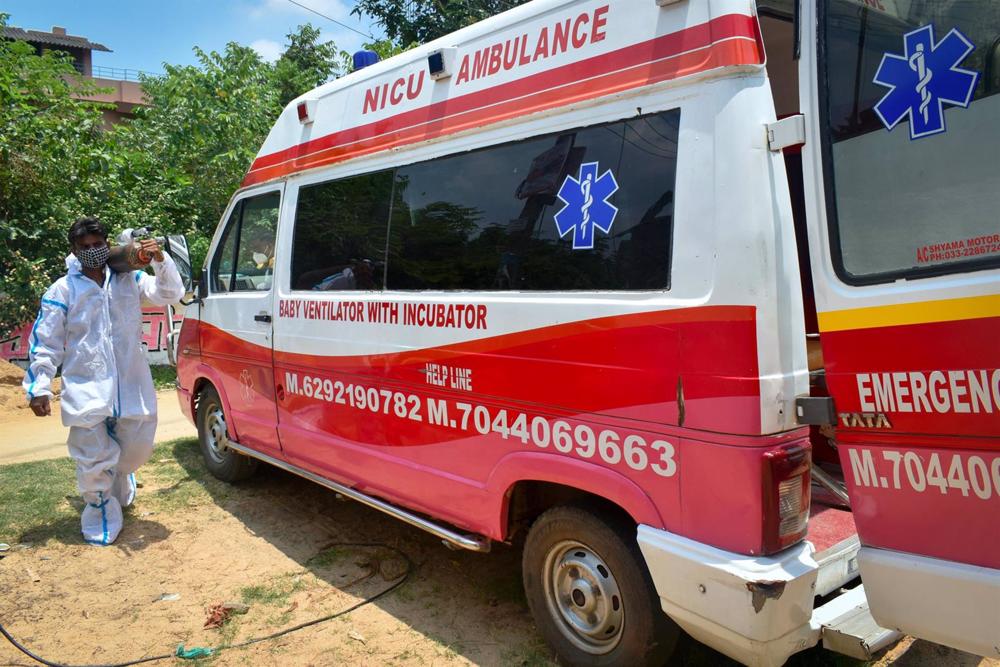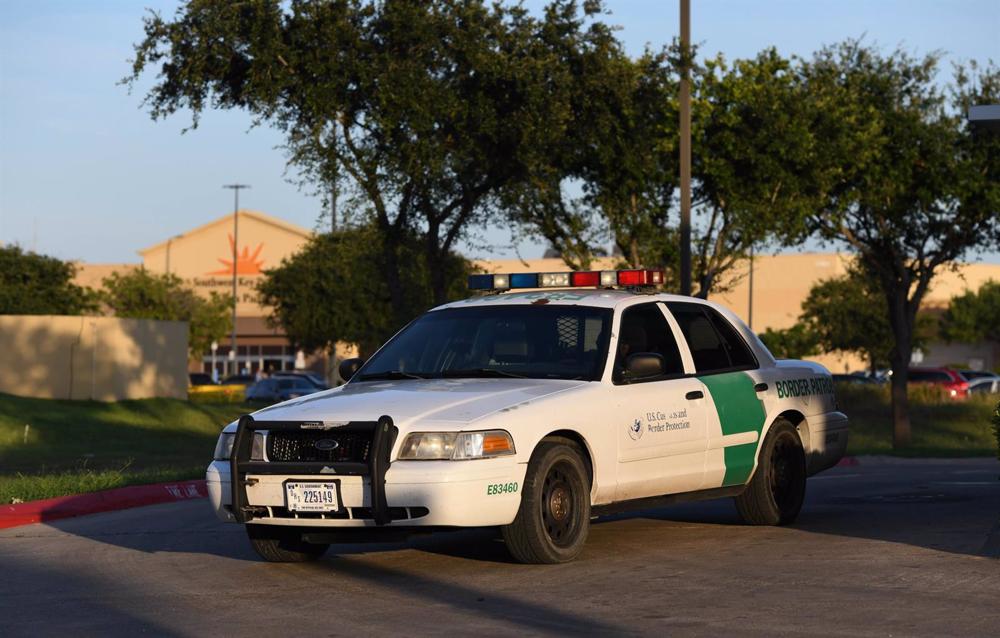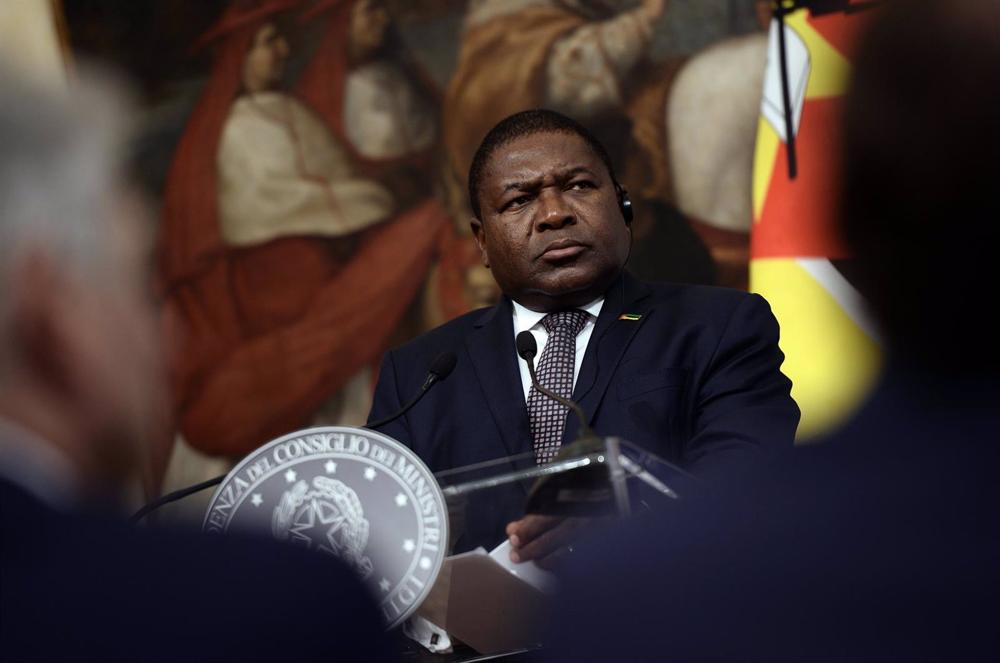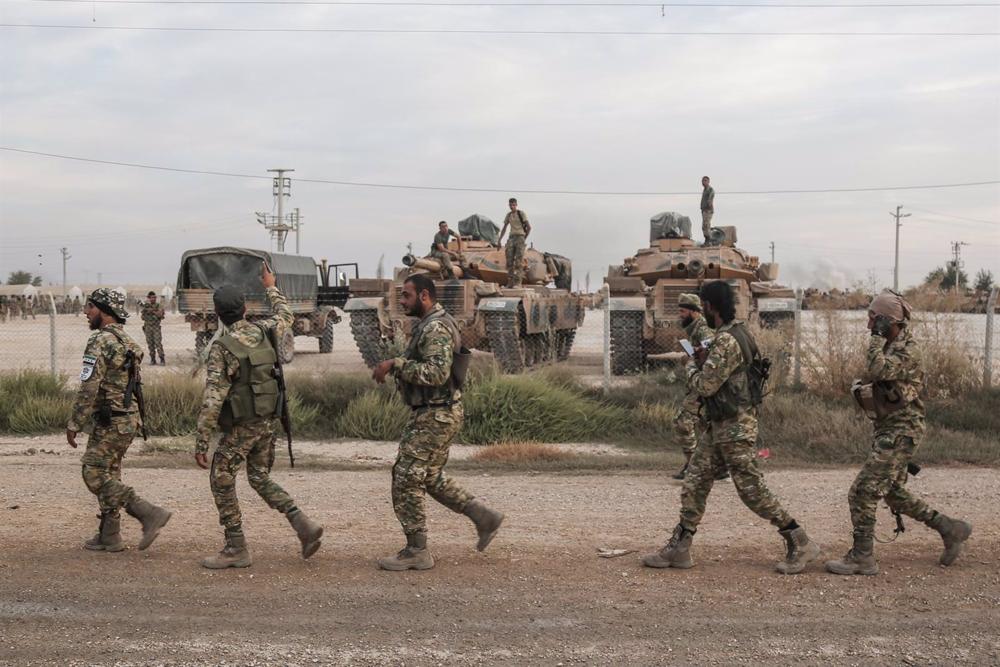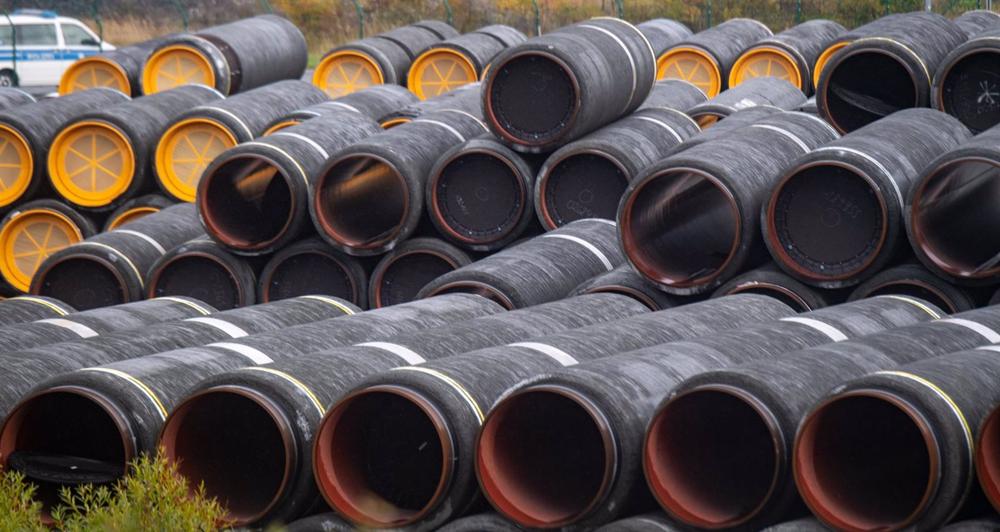
The European Commission on Monday urged European Union countries to implement as soon as possible the new rules agreed to strengthen the security of key infrastructures against the risk of sabotage or cyber attacks, rules for which the 27 have two years to transpose into national legislation but which Brussels is asking them to speed up.
«The sabotage of the Nord Stream gas pipelines made it very clear that our critical infrastructures are under threat,» said EU Home Affairs spokeswoman Anitta Hipper at a press conference, recalling that it has been two years since the EU executive proposed the changes to the infrastructure directives that come into force on Monday and that national authorities must implement within 21 months.
«The new rules will strengthen our cybersecurity and our resilience, including in the face of terrorist attacks, internal threats or sabotage,» said Hipper, stressing the importance of countries transposing the reform «quickly».
The aim of the revision of the directives on high common standards on cybersecurity and on the resilience of critical infrastructures is to harmonize minimum standards in the protection against new forms of threat, as well as to broaden the classification of sectors considered «critical» to include, for example, energy and transport infrastructures.
Thus, the scope of the standard will be extended to eleven sectors so that, in addition to energy and transport, the banking sector, financial markets, health, drinking water and waste management plants, public administration, food, digital infrastructures and space will also be covered.
The operators of the infrastructures considered in this category will have to carry out risk assessments themselves and report possible incidents, without detriment to the fact that the Member States will have to design national strategies to improve resilience and carry out periodic risk assessments.
Under the new rules, national authorities will be able to carry out on-site inspections of critical infrastructures and apply sanctions if they detect serious non-compliance.
They will also have to designate contact points to liaise with other national authorities to ensure proper cross-border cooperation.
Source: (EUROPA PRESS)
